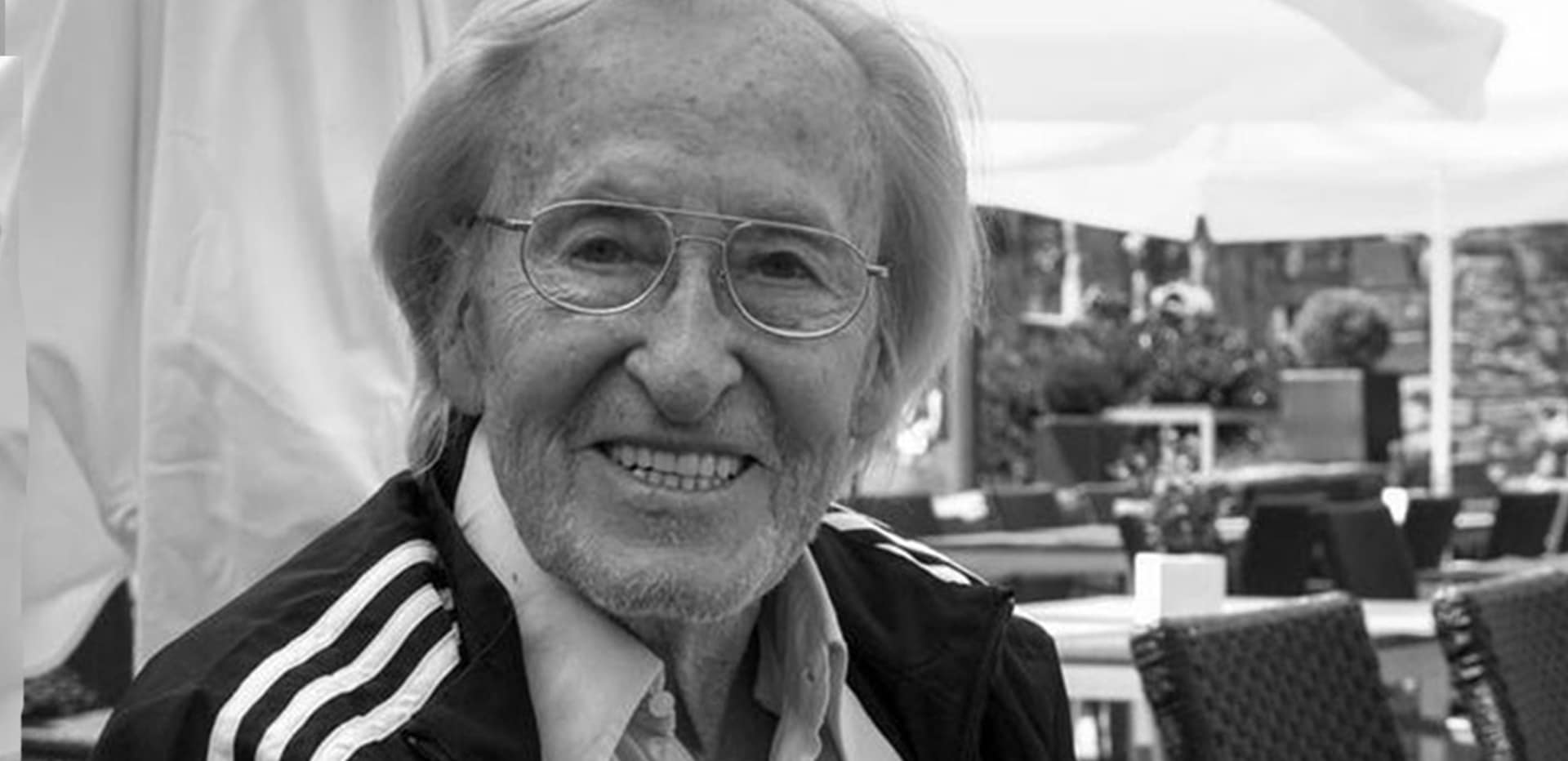For many Nepali football fans, the history and symbolism that the Nepali National Team carries remain unknown. While football flowed throughout the world with British colonizers, Nepal, a country that was never under the British’s regime has a slightly different history of how football entered the Himalayas.
For anything that instigated in Nepal during the 20th century, Ranas were the main forerunners. Football too started from the Ranas’ courtyards, and as time went by, it made the commoners embrace the game. As an influence of the sport’s growing popularity, the nation got its own official governing body for football in 1951 AD. Although Nepal had to wait 19 years further to be affiliated with FIFA, the country managed to land some high-profile managers after it became a member. Initiating the trend was Nepal’s first coach, the restless, Rudi Gutendorf.
Gutendorf came to the Nepali National Team having managed superior Bundesliga sides – VfB Stuttgart, Schalke 04, Meidericher SV – and several national teams. In fact, Rudi’s time at Meidericher SV (now MSV Duisburg) was so effective that the side finished second in the German top-tier, which still lingers as the team’s highest league finish till date. His effective defensive tactics at Meidericher earned him the nickname ‘Riegel-Rudi,’ which simply means ‘Bar Rudi.’ After a Chilean national stint that invited more than just footballing controversies, failing to advance Socceroos in World Cup 1982 Qualifiers and a short spell at Fiji, the manager booked his flight to Nepal.
Rudi’s first spell as the Nepali National Team coach started in 1981. As the first-ever official manager of the National Team, Gutendorf brought his experience alongside him. However, what made his Nepali spell memorable were the multiple corruption-related events he later admitted. This was not Rudi’s first involvement in an off-the-field feud, as the wall that he made to train the Chilean National Team was then used by the army to execute political prisoners. Despite drawing the Chilean people to watch the National Team play and making them love their players, Rudi had to later escape the country after the country’s political condition kept worsening. As the Nepali National Team’s coach, Rudi was found to be in both sides of corruption – once denying match-fixing offers to become a hero and then becoming the villain by bribing the referee for his own good.
Rudi’s first task as the national trainer was to get everything together and build a squad for the Delhi Asian Games. Drawn in the same group with Kuwait, Iraq, and Burma, Nepal had a very faint chance of winning a single fixture, forget about advancing into the next round of the competition. Rudi Gutendorf was preparing the side for 1982 Asian Games at New Delhi, when one day, he was offered $500,000 by a broker, conditioning him to make his team concede eight goals against Kuwait in their tournament opener. It was later revealed that the main man behind this offer was Sheikh Fahad Al-Ahmad Al-Sabah, then President of Kuwait Football Association. Sheikh Fahad is the same guy who went on to ruin Kuwait’s maiden and the only World Cup campaign with his actions later (I will save this story for a later piece). Gutendorf had no second thoughts in mind; he instantly denied the offer made to him.
Later in an interview, Gutendorf explained the whole scenario of events and why he backed out of the deal. As per the globetrotter, his attraction for money was nothing compared to the values he had for football and the coaching principles he carried. Although Nepal lost the fixture to Kuwait with a 3-1 scoreline, Gutendorf admitted he had been honest to his players and his wife, which Rudi valued the most. Rudi declined it for the sake of the sport, and the incident still imparts the ideals that every modern-day manager should embrace with them.
On the contrary, Rudi Gutendorf’s time as the Nepali coach did not end up stainless. In a friendly match played between Nepal and India at the Dasharath Stadium, Rudi placed himself on the opposite side of what his values uttered. Gutendorf bribed the referee, with a bottle of whiskey, to continue the play despite extreme weather conditions during the day. As the clock ticked half-time, Gutendorf knew that his players had the right studs to play in the rain, but the Indians did not. Hence, the match was played despite heavy rain, and Nepal emerged victorious with a 1-0 scoreline. Although a hero considering he did it for his side, the actions countered the ideals that he set for himself.
Gutendorf returned to Nepal for a second spell in 1985, departing the country again after just a year. Rudi’s diverse career continued to take him to places after his Nepali experience as well, as he traveled from China to Zimbabwe, Mauritius, to Rwanda and beyond. After his 1999 spell at Rwanda, Rudi ended his career after managing 55 teams in his illustrious career. He traveled to 32 nations in his journey and managed 18 National Teams in the process. When asked about why he preferred to coach and teach football in nations like Nepal who were just setting-up and troubled war-hit countries like Rwanda, Rudi replied, “I was able to unite people to play football, and good football.”
Rudi Gutendorf, a forward in his playing days, was traveling to take football to places that needed it the most. For Nepal, having a coach of Rudi’s caliber as its first official caretaker was a boon. Rudi was appointed as the official ambassador of the 2006 World Cup in Germany, and as he breathed his last on 13th of September 2019, every nation that knew him as their coach celebrated the life that Gutendorf traveled, including his Himalayan love, Nepal.
